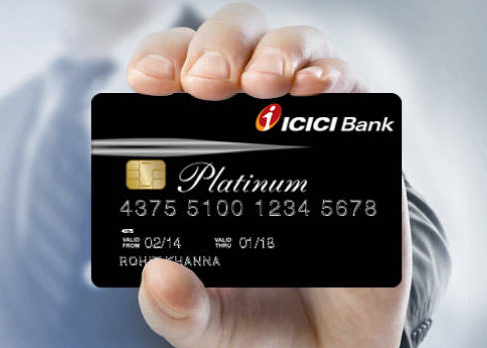Credit Score: What is It, How to Check Yours, and Tips to Improve

Credit Score
Credit Score: What is It, How to Check Yours, and Tips to Improve
A credit score is a 3-digit numerical number that summarizes your credit history, which is an account of your payments and debts. The credit score is calculated by 4 bureaus – Experian, CIBILTM , Equifax, and Highmark. When your credit score is high, the chances of getting a loan increases, whereas when the credit score is low, the probability reduces. Even if you get a card or loan with a low credit score, you will get only a low credit limit and a low interest rate.
How to Calculate Your Credit Score?
An algorithm that considers multiple elements determines your credit score. The following are some of the things taken into account:
- Your credit history for all kinds of debt (such as loans and credit cards)
- Your overall credit limit
- The proportion of secured versus unsecured loans
- The number of credit cards and loans you hold.
How To Check Your Credit Rating?
Before you apply for a loan or credit card, it is ideal to check your credit score. Visit the website of the credit rating company and submit an online request to know your credit score.
Tips To Improve Your Credit Score
Check your credit report
You should check your credit report regularly since this will ensure that your credit report is free of errors. When checking your credit report, if you find any errors, then you can get it corrected by raising a dispute with one of the credit bureaus. It is important to keep your credit report error-free since the information to compute your credit score will be taken from this.
Regulate Your Bill Payments
It is not good to have unpaid bills as they will hamper your credit score. One of the most important factors used in calculating a credit score is payment history. That is why it is good to leave old accounts which have been paid off open on your credit report. They will improve your credit score. In order to take control of your payments, you can
- Maintain a file either digital or physically to track your payments.
- Set auto debit facility
- Set due-date alerts to remind you of your bill payments.
- Arrange to charge all your bills to a credit card. In this case, you have to ensure to pay your credit card bills in time and in full.
Do not pay only the minimum amount due on your credit card. Pay the entire bill as it will increase the outstanding balance on your card.

Credit Score
Aim For 30% Credit Utilization or Less
You should keep your credit utilization within 30% for having a good credit score. Next to payment history, this is the most important factor taken into consideration for computing your credit score. To maintain a low credit utilization ratio of 30%, you must pay off your credit card balances in full. You can also contact the bank to increase your credit limit. When you bring down your credit utilization ratio to 30%, you can work towards reducing it to 10%.
Don’t Delete Old Accounts From Your Credit History
People tend to delete inactive accounts, outdated accounts, or accounts with bad history from their credit reports in order to improve credit history. Even after paying their debts, some people want to take these accounts off their credit report. Although negative accounts could harm your credit score, they will get deleted from your report automatically. Removing them deliberately from your credit report could knock off your credit score, since these accounts have a solid payment history. Moreover, If you have paid off your debts, you should maintain their history as they will help in improving your credit score and creditworthiness.
Limit The number of hard inquiries
There are two types of inquiries – one is a hard inquiry and the other is a soft inquiry. When you perform a credit history check yourself, when financial institutions with which you do business want to check your credit score, or a prospective employer wants to perform a credit check, it is called a soft inquiry. When you apply for any new form of credit and financial institutions perform a credit check, then it is called a hard inquiry.
Soft inquiries will not impact your credit score but hard inquiries do. Although not likely to impact your credit score immediately, they will hamper your credit score in the long run. Lenders will see you as hungry for credit with too many hard inquiries and conclude that you are a risky borrower.
Debt Consolidation
You can consolidate all your debts into a single debt, and this is called debt consolidation. If you get the new loan at a lower interest rate, then you can pay your debt quicker. This will help you improve your credit score by reducing your credit utilization ratio. Similarly, you can consolidate multiple credit card balances into one single balance transfer credit card. Such cards usually have a promotional span when they charge 0% interest on your balance.
Plan Your Credit
Many people whose scores drop do not plan their credit. For instance, if you apply for too many credit cards to increase the credit limit but do not pay off your balances on time, then it will increase your balance due and also your history of late payments. Both will considerably decrease your credit score. Also, it is essential to plan before you take a loan. Unplanned loans can put you in a financially difficult situation, especially when you are not able to repay them.
Conclusion
Improving your credit score is important especially if you want to make a big purchase, such as a car or a home. Also, boosting your credit score makes you eligible for some of the best rewards credit cards. As for how much time it will take to boost your credit score, you cannot say. It may take several months or even several years to see a noticeable impact on your credit score. But the sooner you start working on it, the quicker you will see the results.




